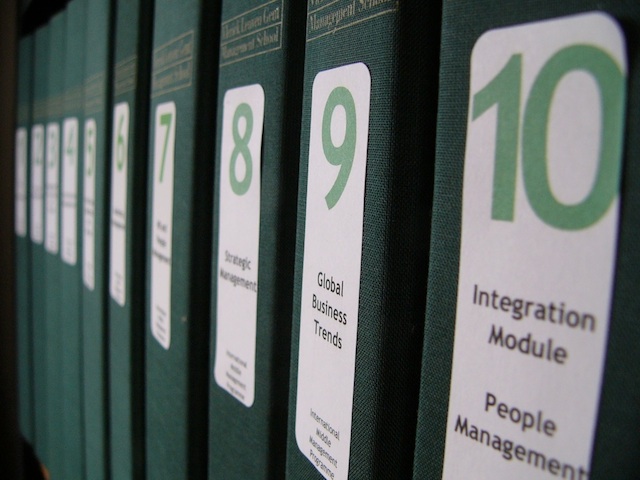Yesterday I went along to hear Telstra’s Paul Geason speak at the American Chamber of Commerce lunch in Sydney.
Geason, who is Group Managing Director for the company’s Enterprise and Government division, was speaking on some of the findings from Telstra’s Clever Australian program along with some of the technology trends he’s encountered in big business and public organisations.
The bulk of Geason’s presentation I reported in an article for Comms Day, and much of his observations about enterprise technology trends wouldn’t surprise keen observers of the industry or regular readers of this blog.
What did stand out though were his comments on how social media is changing management behaviour at Telstra where over 25,000 registered users of the company’s Yammer platform have direct access to the company’s CEO, David Thodey.
Social media is just going crazy. Within Telstra now we have over 25,000 of our staff registered on Yammer. It has been a phenomenon. It’s playing this really interesting role of breaking down the hierarchy in our organisation.
Which is not just because of the technology but it’s also got something to do with our CEO.
He is on Yammer just about every single day of the week. There is not an issue that hits that site that he won’t pick up and direct to the right place to get it to the right place and have it dealt with.
Our people love it, they would never have imagined they could get that level of access and input and intervention from the CEO.
There’s a certain transparency that has come to our organisation that didn’t exist previously which is really great for the levels of engagement of our people and very challenging for us as leaders in having to deal with that level of visibility that was not there before.
I think it’s really changing how organistations are operating.
Paul Geason’s comments are a good example of changing management structures. Not only does it bring accountability to executives, it also means organisations can respond quickly to changing marketplaces – something covered in the Future of Teamwork presentation back in 2010.
A few years ago, no-one would have thought of Telstra as being an open, collaborative organisation yet today it’s gone quite a way down the path to becoming one.
The key though to this is having senior management buying into the process. Without that leadership many companies might be facing a tough future.





